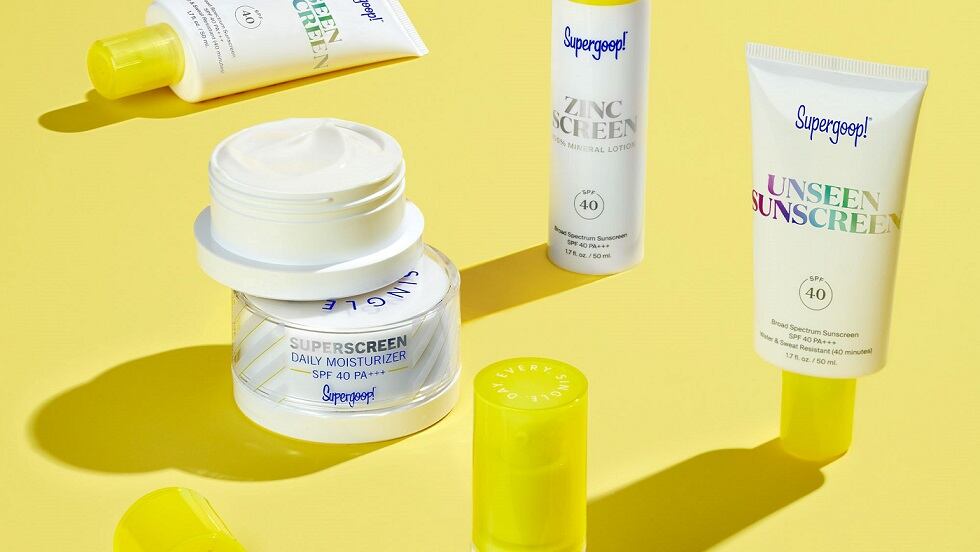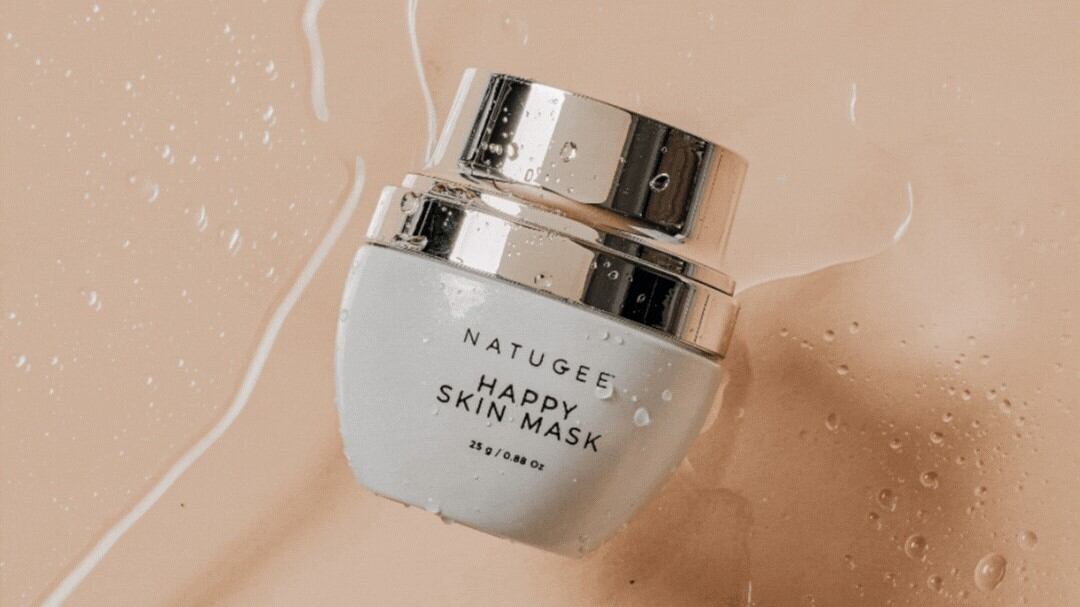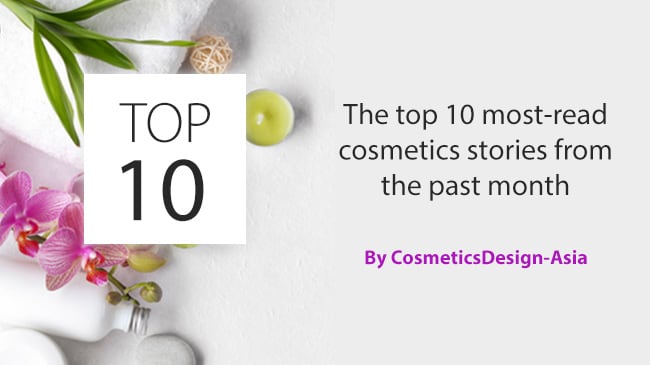1 – ‘Age reversal is dead’: How the pandemic redefined anti-ageing for beauty consumers
The acceleration of wellness and self-care trends during the COVID-19 pandemic is accelerating the eradication of the beauty consumer’s long-held desire to completely erase the signs of ageing.
While the pro-ageing or well-ageing skin movement has been gaining traction for a while now, the pandemic well and truly accelerated it, said Harini Sivakumar, CEO of India-based brand Earth Rhythm.
“Over the pandemic, there was more emphasis on mental wellness, self-care, and positivity overall. This has translated to body positivity and inclusivity, which I believe has played a huge role in this. With ageing now completely interlinked with these movements, consumers want to have healthy skin and be able to flaunt their real skin.”
Taking cue from this, Sivakumar said the new generation of brands like Earth Rhythm was no longer putting out anti-ageing products.
2 – How to win over… The informed consumer in India’s booming beauty market
In the debut instalment of our How to win over series, we explore the thriving Indian beauty market to reveal the product development, sourcing, marketing and business strategies for success with expert insights from the biggest brands, thriving start-ups and e-commerce giants.
The culture of beauty is deeply rooted in India where women were raised on ancient Ayurvedic principles. They believed in the value of everyday kitchen ingredients – coconut oil for sleek and strong hair, turmeric face masks for glowing skin.
These homemade remedies are centuries old, but today beauty in India is in the midst of an evolution.
As Bindu Amrutham, the founder of skin care brand Suganda told us, the market has radically transformed since it was formed in 2017.
3 – ‘Endless opportunities’: India’s Organic Harvest aims to become $100m brand in three years
India-based Organic Harvest is aiming to become a $100m brand in three years following its acquisition by DTC beauty conglomerate, Good Glamm Group.
On January 23, Good Glamm Group announced that it had acquired a majority stake in direct-to-consumer (DTC) brand Organic Harvest, a purveyor of ECOCERT certified beauty and personal care products.
This marked the group’s entry into the organic beauty space, furthering its ambitions to expand its vision of becoming a “digital house of brands”, said CEO Darpan Sanghvi.
“The naturals category is the largest category in India and the organics [segment] is one of the highest forms of natural. We believe Organic Harvest has a large opportunity in front of itself across segments in the beauty and personal care space,” he said.
4 – L’Oreal exclusive: Why beauty’s online boom is far from plateauing in South Asia Pacific
Beauty multinational L’Oréal says there is huge room for growth across its SAPMENA region with emerging demographics and online selling channels poised to take off.
On January 13, Shopee, an e-commerce platform that operates in South East Asia and Taiwan, announced that L’Oréal’s consumer products division (CPD), which consists of brands such as L’Oréal Paris, Garnier and Maybelline, achieved at least U$100m in goods merchandise value (GMV).
L’Oréal was the only beauty brand that achieved this alongside a slew of technology brands, namely Samsung, Oppo, Xiaomi, and realme.
Speaking exclusively to CosmeticsDesign-Asia, Manashi Guha, L’Oréal CPD general manager of SAPMENA region, said this achievement did not come as a surprise for the French beauty giant.
5 – Everyday care: Anessa set to introduce sunscreen serum in response to changing lifestyles
Japanese sun care brand Anessa is set to introduce a sunscreen serum to its existing line-up this February in response to the changing lifestyles and habits of consumers.
The Anessa Day Serum was developed in response to the new habits that have emerged because of the COVID-19 pandemic. Namely, the increased awareness of skin care and lifestyle changes such as remote working.
With consumers increasing their investment in skin care, parent company Shiseido saw an opportunity to develop a sun care product that people would “want to use every day” regardless of environment.
The result was a sunscreen developed in a serum format that simultaneously protected and improved the appearance of the skin.





